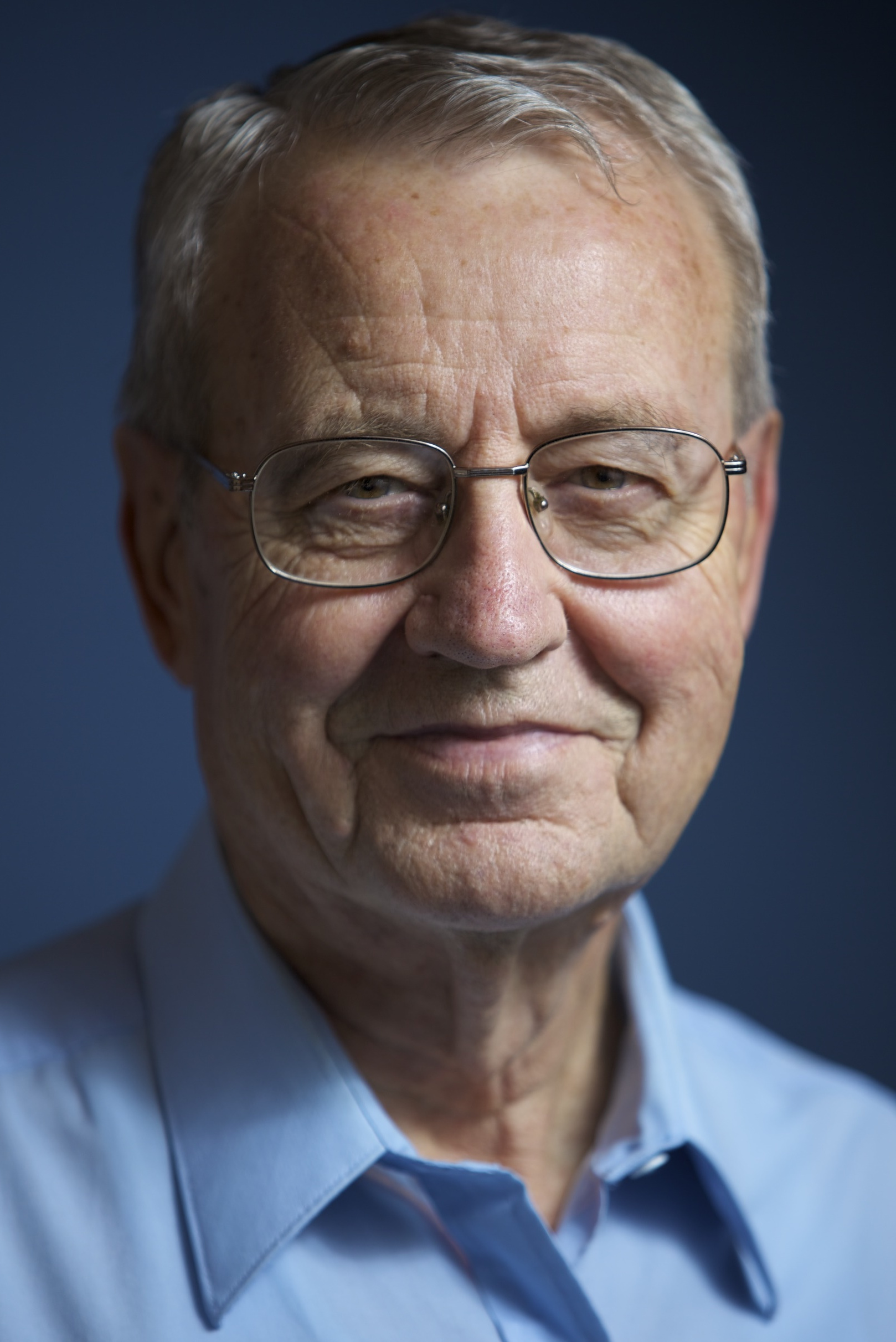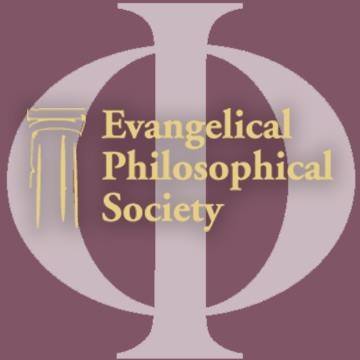 We celebrate the life and work of Dallas A. Willard (1935-2013), who was a scholar, mentor, professor and friend to many in the EPS and beyond.
We celebrate the life and work of Dallas A. Willard (1935-2013), who was a scholar, mentor, professor and friend to many in the EPS and beyond.
The Evangelical Philosophical Society was pleased to host him as our 2011 plenary speaker at the annual national meeting of the EPS and also a plenary speaker at the 2011 EPS apologetics conference. His last Philosophia Christi article appeared in the 13:1 (Summer 2011), titled, “Intentionality and the Substance of the Self” (7-19). His other contributions appeared in the 4:1 (Summer 2002) issue, “Naturalism’s Incapacity to Capture the Good Will” (9-28), and then in the 1:2 (Winter 1999) issue, “How Concept Relate the Mind to Its Objects” (5-20).
Before his death, Willard was completing his manuscript (tenatively titled), The Disappearance of Moral Knowledge, a snapshot of which was given at the 2011 EPS annual meeting, but more fully accessible to the public in 2010, at a lecture series hosted at the University of California-Irvine. His opening chapters in his last published book, Knowing Christ Today (HarperOne: 2009) are also relevant to these developments.
From among the EPS membership and contributors to Philosophia Christi, here are some tributes to Dallas Willard’s life and work:
- R. Scott Smith, “Dallas Willard Mentored Me to be Mentored by Christ Through the Spirit.”
- J. P. Moreland, “We Have Lost a Five-Star General.”
- Scott Rae, “Talbot’s Department of Philosophy Mourns the Loss of Dallas Willard.”
- Greg Gannsle, “Dallas Willard, The Spirit of the Disciplines, and Lord Aragorn.”
- Gregg Ten Elshof, “On Dallas Willard, Husserl and the Perennial Problem.”
- Aaron Preston, “Dallas Willard: My Beloved Rabboni.”
- Brendan Sweetman, “Dallas Willard: Liked for Books, Ideas, Character and Moral Center.”
- Greg Jesson, “A Victorious Life Overflowing with Grace and Truth: Remembering Dr. Dallas Willard (1935-2013).”
For some further info on the state of forthcoming, posthumous work by Willard, please see the June 2013 interview with Bill Heatley.
Addendum: On October 4, 2013, a “Celebration of Life” memorial service was given at the University of Southern California, in honor of the many years of Willard’s faithful work at the university. A basic video of that tribute is available here.




